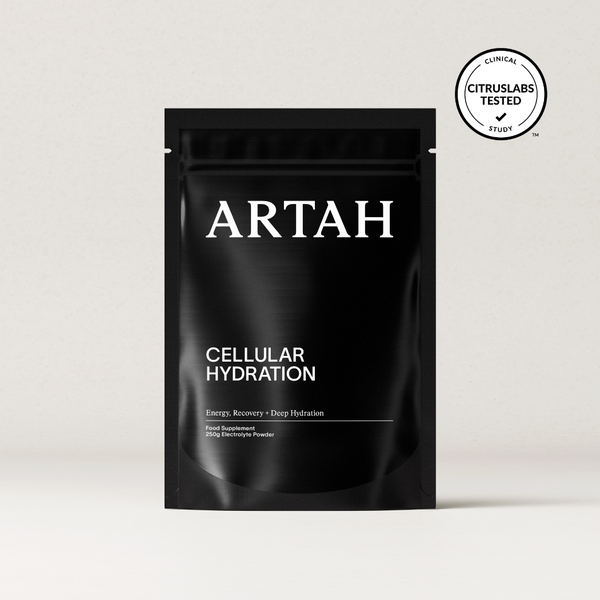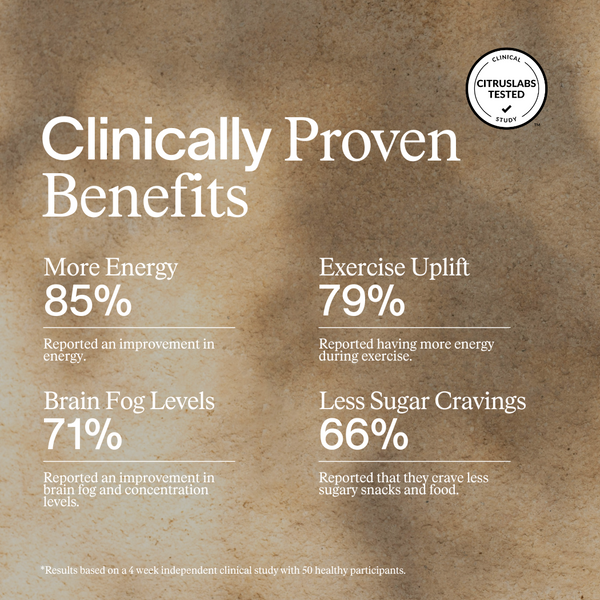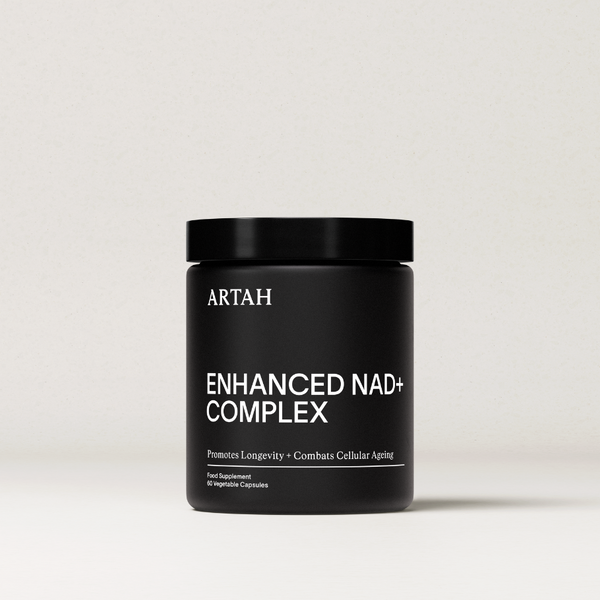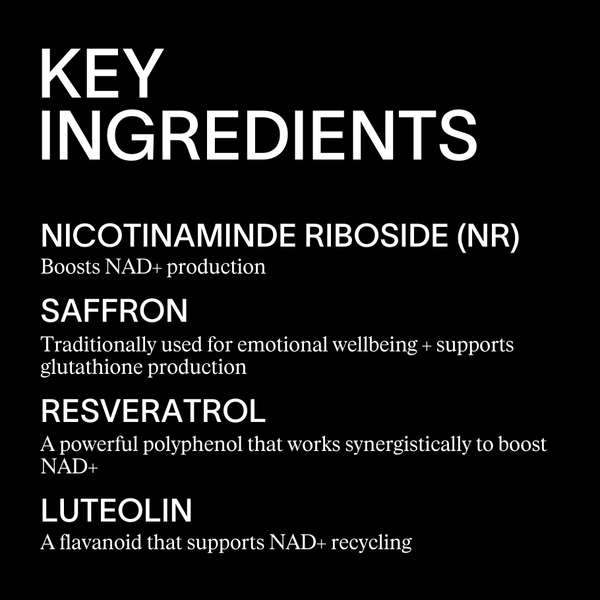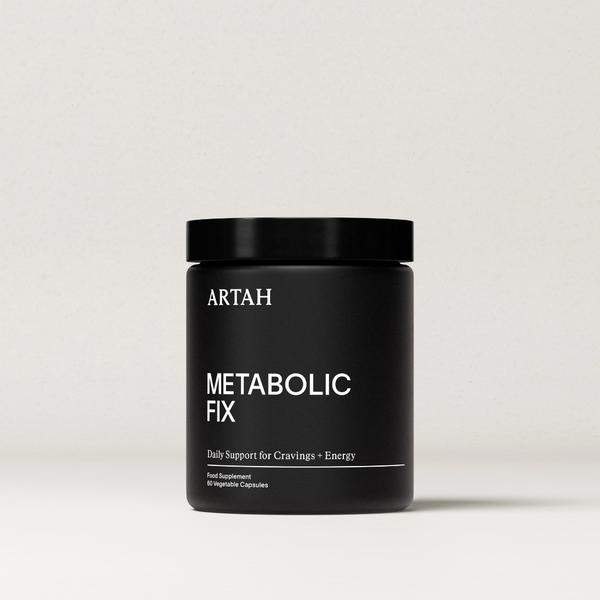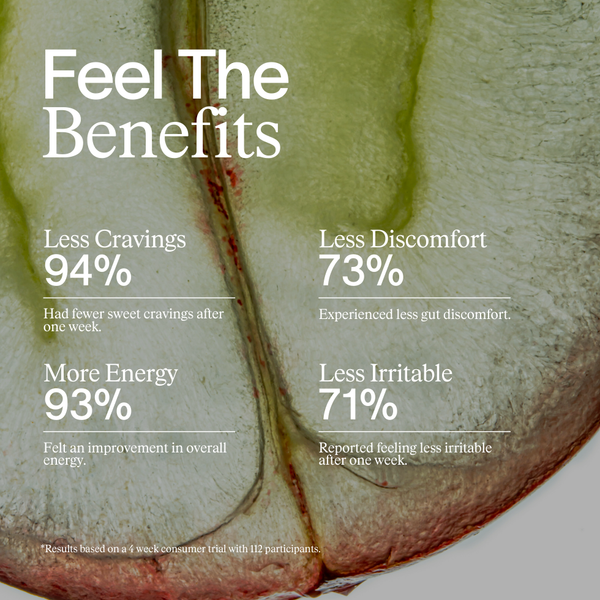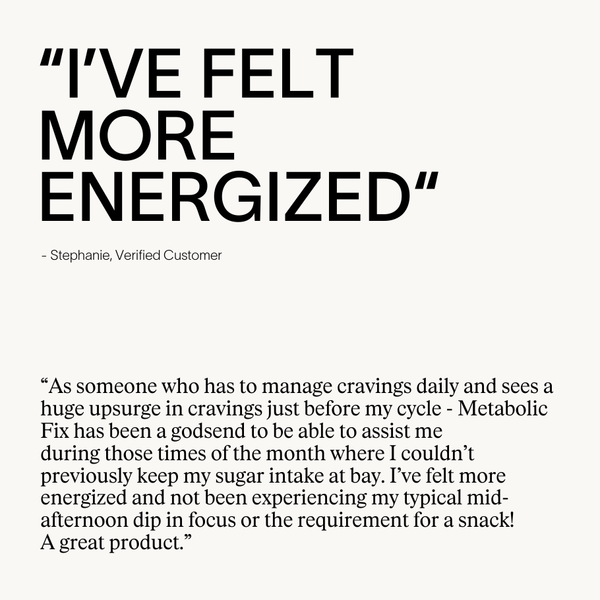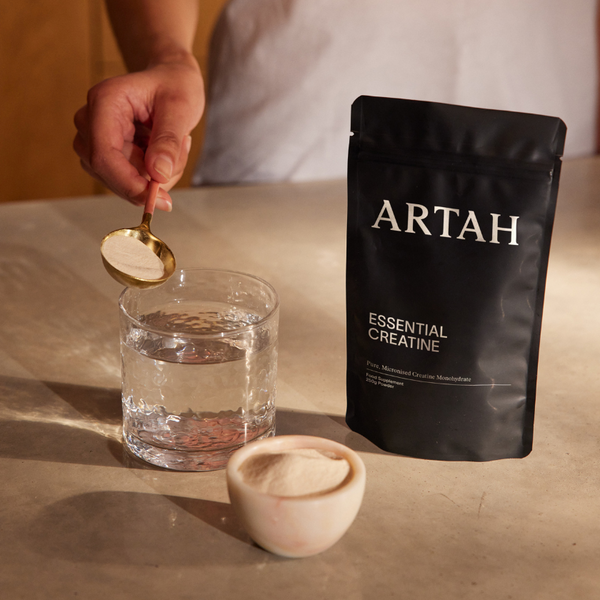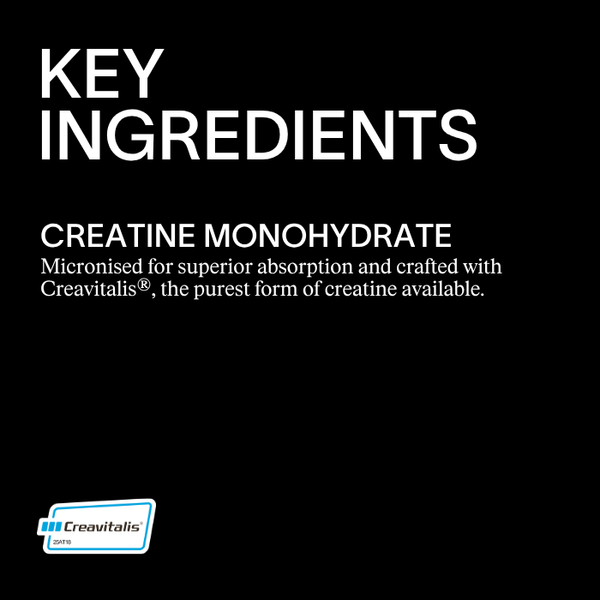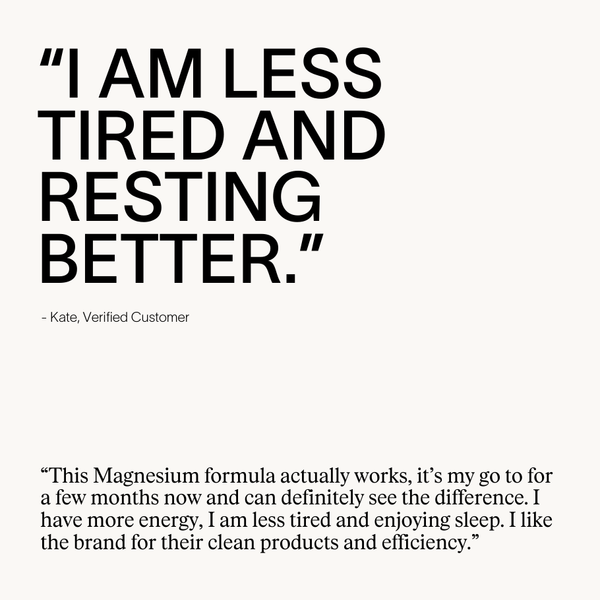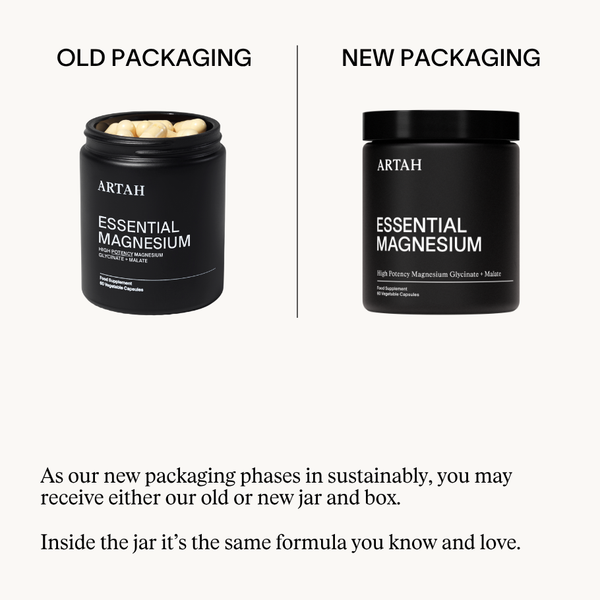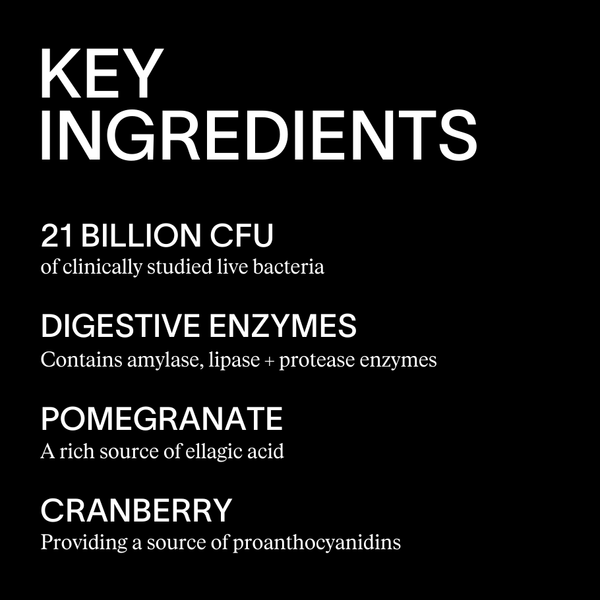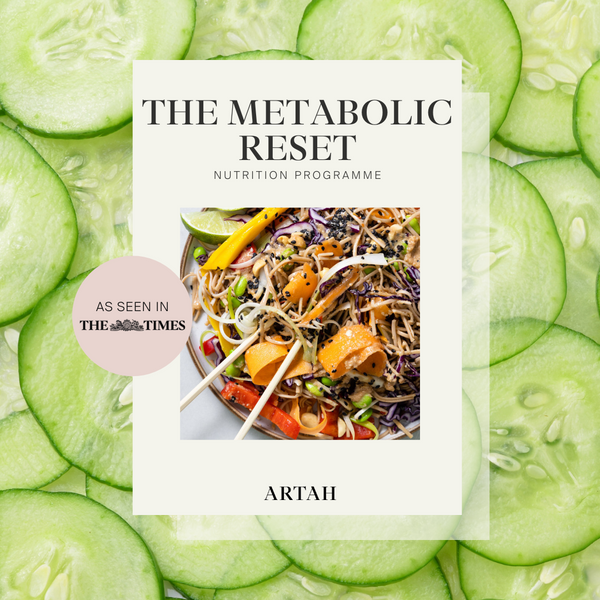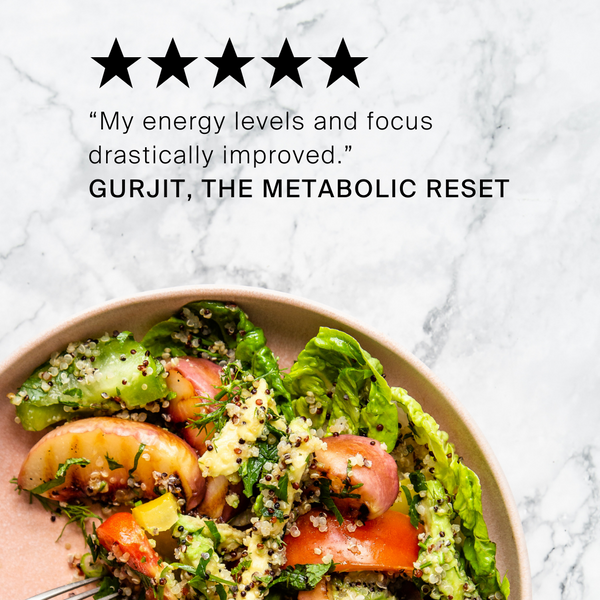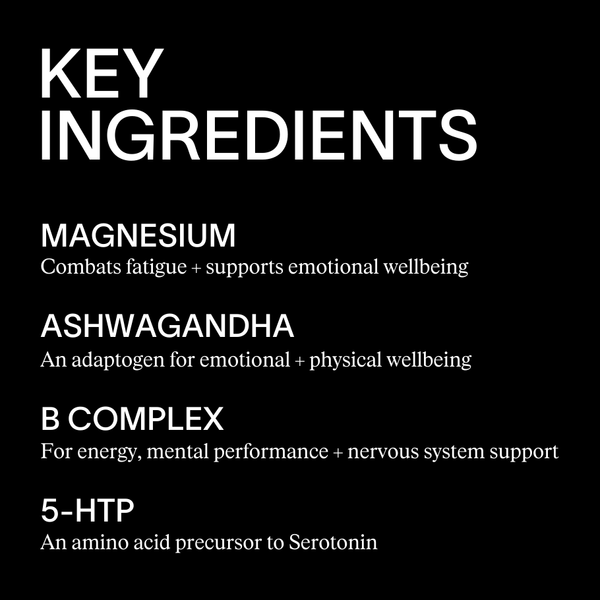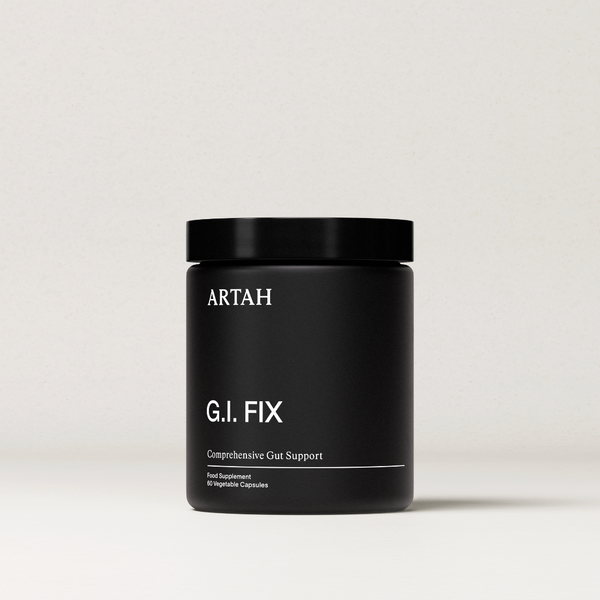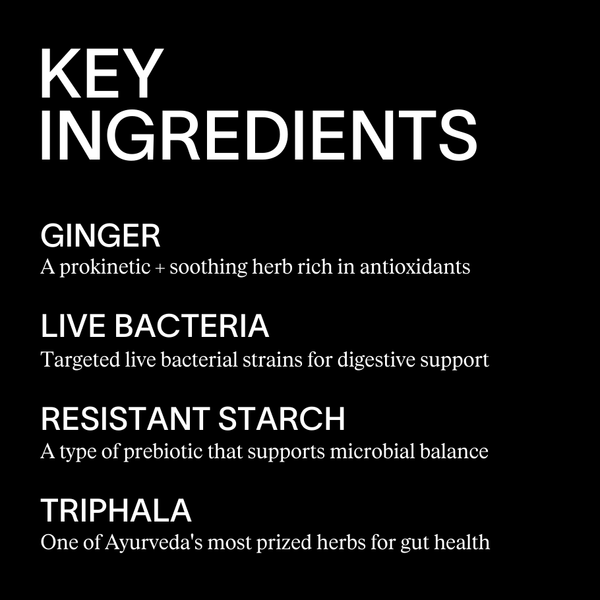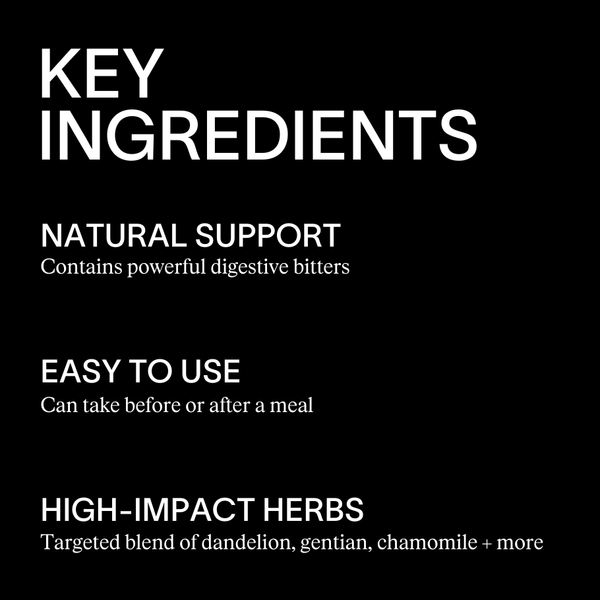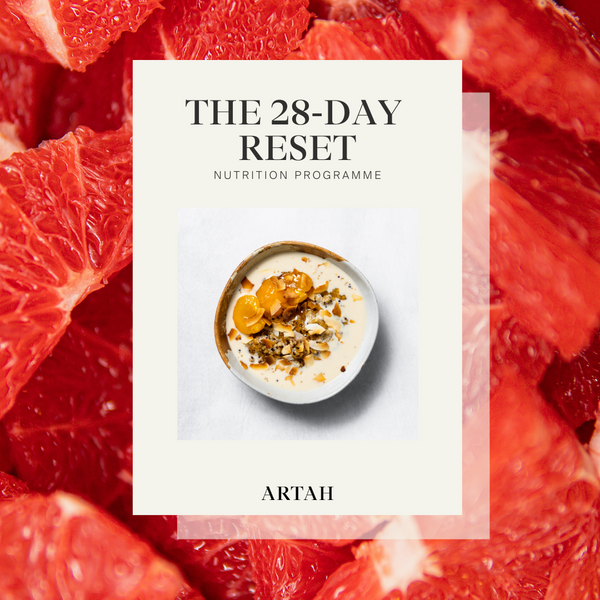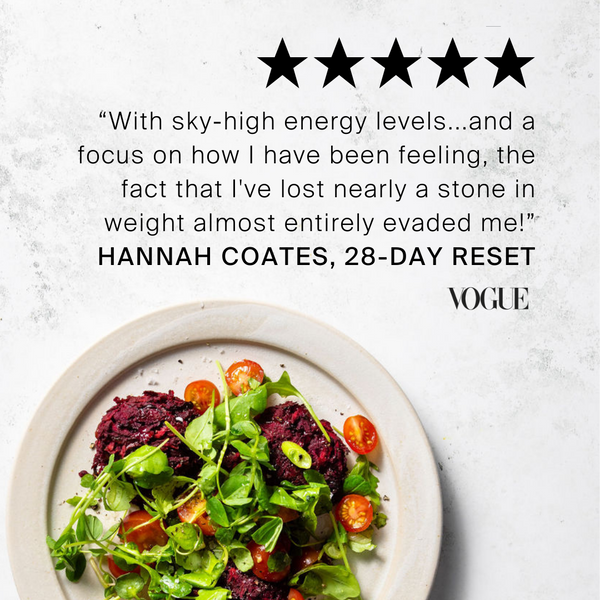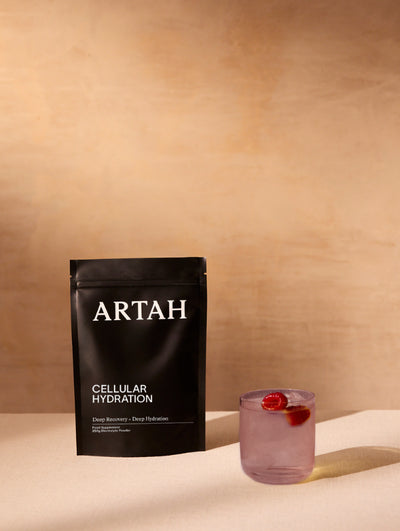PS it's backed by science (and The Telegraph).
Intermittent fasting has been shown to elicit a variety of health benefits – from weight loss, energy, and improvements in gut function to brain health, chronic disease prevention, and longevity, this easy to implement tool can be surprisingly powerful. There are a whole host of different ways to fast, including total abstinence (not so easy) to time-restricted eating windows (best for beginners), but with the rise of research around fasting, there is one method that stands apart from the rest.
Enter the FMD – or fasting mimicking diet. This method has been shown to simulate a fasted state whilst still supplying a baseline of nutrients and calories. This means that the powerful pathways and regulatory genes that promote cellular repair and regeneration are activated without enduring the often severe and uncomfortable effects of a full fast from food.
One of the most regenerative aspects of fasting is autophagy – a powerful, regulated form of cellular repair in which our damaged cells and cellular components are broken down and recycled. After autophagy occurs, new tissues are formed, and cells are regenerated.
It’s thought that autophagy fully kicks in after about 24 hours without food, which is why accessing these benefits is often unrealistic and extremely uncomfortable in our everyday life. It turns out that a short-term restriction in protein, sugar, and overall calories is the answer. Researchers at the Longevity Institute and School of Gerontology at the University of South California showed that they could still access the regenerative properties of autophagy alongside the insulin lowering effects of fasting for an even more powerful result.

Key aspects of the method:
— Protein stimulates IGf-1 (insulin like growth factor), which blocks autophagy. So this is limited in FMD protocols.
— While minimal amounts of fruit are ok, all refined carbohydrates and excess sugar is out.
— The programme should be short; usually 5-7 days does the trick.
— Depending on your level of activity, calories should stick to around 500-800 per day.
— Alcohol, processed foods and other fast-food products should be avoided, vegetables are the base of the programme to ensure phytonutrients remain high and digestive load remains low.
— Minimal coffee is allowed (praise be!). Think one, good quality black coffee per day.
—Super strenuous high intensity exercise, however, is not, to ensure we stay in repair mode. Yoga, minimal low intensity strength (like Pilates and barre) and walking are preferred.
Who should never fast:
— There are groups of individuals who shouldn’t fast, including pregnant women, those who are underweight, insulin dependent diabetics, and anyone with a chronic medical condition/on medications should always consult their doctor before undergoing any type of nutritional therapy.— Individuals who are in recovery from disordered eating should also be mindful of any programme that relies on caloric restriction.
How to prep:
— Whilst a long period of preparation isn’t always necessary, giving yourself at least 3-4 days of intentional preparation can do wonders for the success of the protocol.
— Avoid alcohol, processed sugar, dairy products, red meat and excess coffee immediately before you start an FMD.
— If you’re a massive sugar baby, it’s worth giving yourself more time to slowly wean your intake down. Most individuals find sugar and caffeine reduction the most challenging part of any type of IF or fast.
— Modify your social calendar. Fasting around other people who are drinking and eating will make things much harder. Take the opportunity to use a FMD to get some much needed rest or enlist a few friends to do it with you rather than trying to push through your usual social calendar.
What to avoid:
— With effective methods of fasting, the risk is always going overboard. The good news is that more isn’t always more (in fact, prolonged calorie restriction has been shown to be detrimental to your health). FMD’s should be short, sharp, and infrequent. We love this as a 1-2x per year maintenance plan.
— Don’t go crazy afterwards. Like any nutritional programme – the key is balance. IF’s, FMD’s and other methods of fasting should never be used as a way to yo-yo diet. Cultivating practices that enhance your health is essential to accessing long term benefits. Breaking your fast with a fast food extravaganza is not the way to go.
How to try it:
The 5-Day Cleanse is the perfect programme to help you lose weight, shed anxiety and head into spring feeling renewed. There are 2 nutritional plans to choose from on the programme, and level 2 is a fully-fledged FMD. We’ve packed the programme out with targeted, low intensity exercise and self-care practices to enhance your cleanse, and you have the choice to join live or do it in your own time. Interested? Learn more here.
